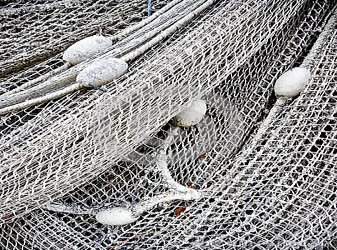Famous Nature Poems
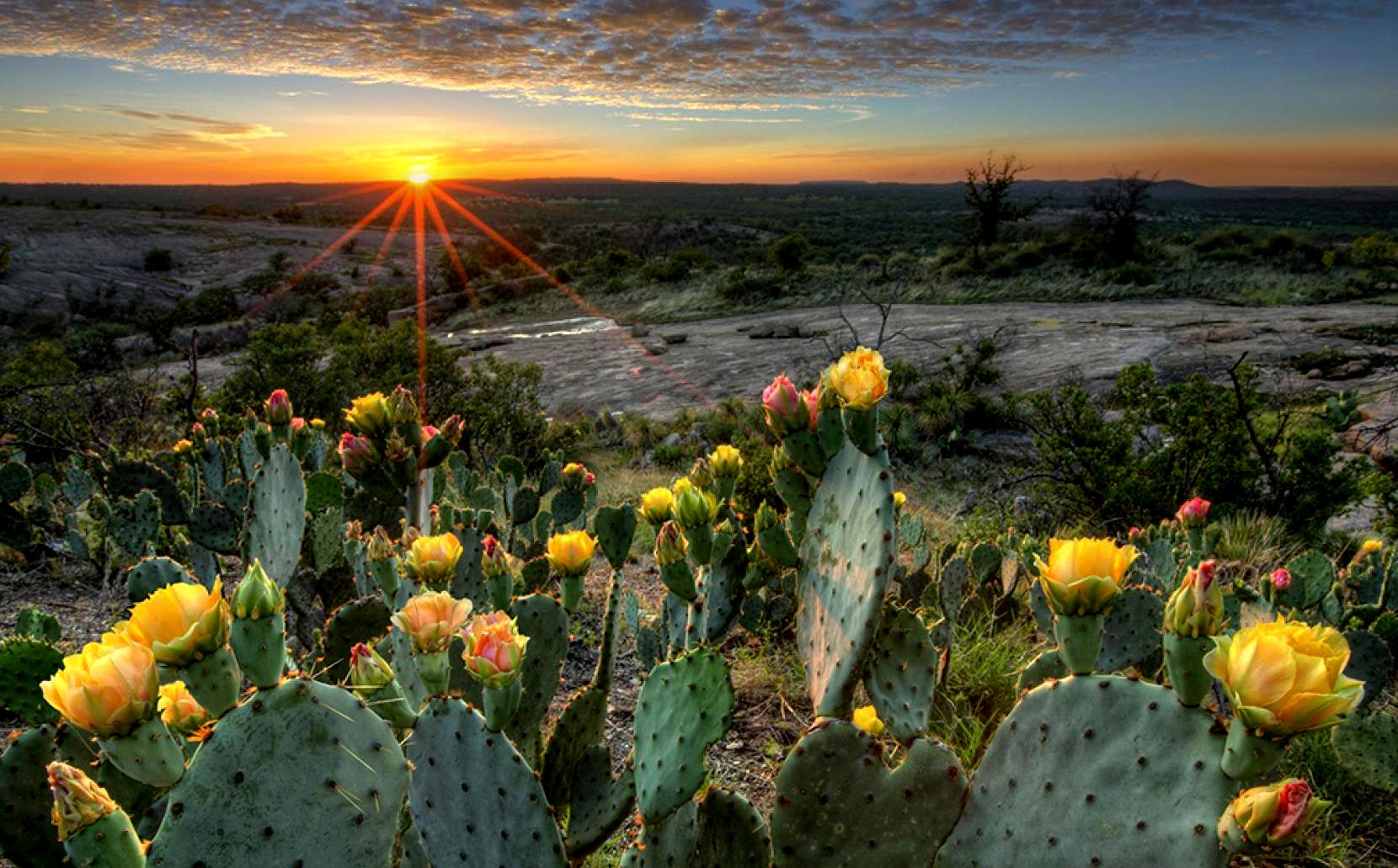
| Man’s heart away from nature becomes hard. ~Standing Bear |
| Enjoy
these everlasting nature poems from some of our most famous poets. |
| Facing
West From California's Shores FACING west,
from California's shores,
Inquiring, tireless, seeking what is yet unfound, I, a child, very old, over waves, towards the house of maternity, the land of migrations, look afar, Look off the shores of my Western Sea— the circle almost circled; For, starting westward from Hindustan, from the vales of Kashmere, From Asia—from the north—from the God, the sage, and the hero, From the south—from the flowery peninsulas, and the spice islands; Long having wander'd since—round the earth having wander'd, Now I face home again—very pleas'd and joyous; (But where is what I started for, so long ago?  Poem By Walt Whitman |
| A
Child Said, What Is The Grass? A child said, What is the grass? fetching it to me with full hands; How could I answer the child?. . . .I do not know what it is any more than he. I guess it must be the flag of my disposition, out of hopeful green stuff woven. Or I guess it is the handkerchief of the Lord, A scented gift and remembrancer designedly dropped, Bearing the owner's name someway in the corners, that wemay see and remark, and say Whose? Or I guess the grass is itself a child. . . .the produced babe of the vegetation. Or I guess it is a uniform hieroglyphic, And it means, Sprouting alike in broad zones and narrow zones, Growing among black folks as among white, Kanuck, Tuckahoe, Congressman, Cuff, I give them the same, I receive them the same. And now it seems to me the beautiful uncut hair of graves. Tenderly will I use you curling grass, It may be you transpire from the breasts of young men, It may be if I had known them I would have loved them; It may be you are from old people and from women, and from offspring taken soon out of their mother's laps, And here you are the mother's laps. This grass is very dark to be from the white heads of old mothers, 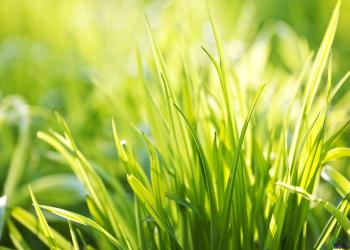 Poem By Walt Whitman |
| On
The Sea It keeps eternal whisperings around  Poem By John Keats |
The
Coromandel Fishers
|
| Autumn
Song Like a joy on the heart of a
sorrow,
The sunset hangs on a cloud; A golden storm of glittering sheaves, Of fair and frail and fluttering leaves, The wild wind blows in a cloud. Hark to a voice that is calling To my heart in the voice of the wind: My heart is weary and sad and alone, For its dreams like the fluttering leaves have gone, And why should I stay behind? 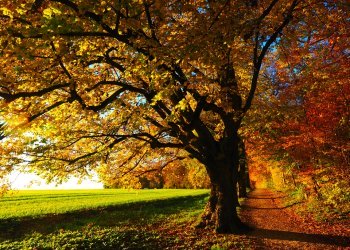 Poem By Sarojini Naidu |
| In The Forest HERE, O my heart, let us burn the dear dreams that are dead,
Here in this wood let us fashion a funeral pyre Of fallen white petals and leaves that are mellow and red, Here let us burn them in noon's flaming torches of fire. We are weary, my heart, we are weary, so long we have borne The heavy loved burden of dreams that are dead, let us rest, Let us scatter their ashes away, for a while let us mourn; We will rest, O my heart, till the shadows are gray in the west. But soon we must rise, O my heart, we must wander again Into the war of the world and the strife of the throng; Let us rise, O my heart, let us gather the dreams that remain, We will conquer the sorrow of life with the sorrow of song. 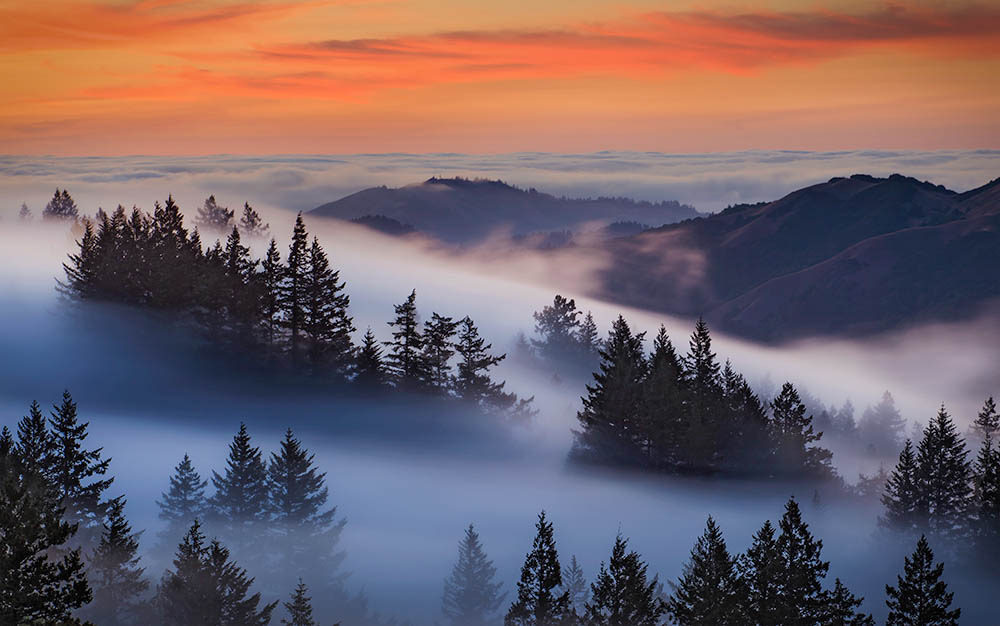 Poem By Sarojini Naidu |
| The Way Through The Woods They shut the road through the woods 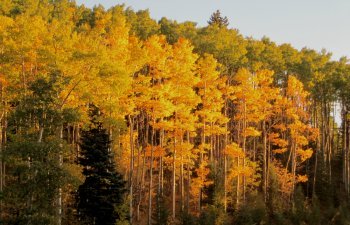 Poem By Rudyard Kipling |
| Down By The Salley Gardens DOWN by the salley gardens my love and I did meet; She passed the salley gardens with little snow-white feet. She bid me take love easy, as the leaves grow on the tree; But I, being young and foolish, with her would not agree. In a field by the river my love and I did stand, And on my leaning shoulder she laid her snow-white hand. She bid me take life easy, as the grass grows on the weirs; But I was young and foolish, and now am full of tears. 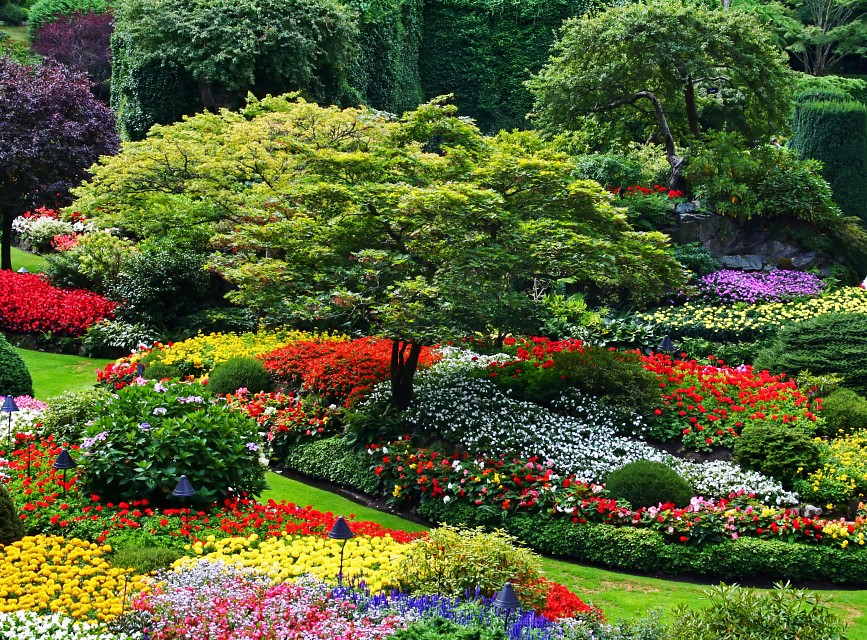 Poem By William Butler Yeats |
| A Dead Rose O Rose! who dares to name thee?
No longer roseate now, nor soft, nor sweet; But pale, and hard, and dry, as stubble-wheat,— Kept seven years in a drawer—-thy titles shame thee. The breeze that used to blow thee Between the hedgerow thorns, and take away An odour up the lane to last all day,—- If breathing now,—-unsweeten The sun that used to smite thee, And mix his glory in thy gorgeous urn, Till beam appeared to bloom, and flower to burn,—- If shining now,—-with not a hue would light thee. The dew that used to wet thee, And, white first, grow incarnadined, because It lay upon thee where the crimson was,—- If dropping now,—-would darken where it met thee. The fly that lit upon thee, To stretch the tendrils of its tiny feet, Along thy leaf's pure edges, after heat,—- If lighting now,—-would coldly overrun thee. The bee that once did suck thee, And build thy perfumed ambers up his hive, And swoon in thee for joy, till scarce alive,—- If passing now,—-would blindly overlook thee. The heart doth recognise thee, Alone, alone! The heart doth smell thee sweet, Doth view thee fair, doth judge thee most complete,—- Though seeing now those changes that disguise thee. Yes, and the heart doth owe thee More love, dead rose! than to such roses bold As Julia wears at dances, smiling cold!—- Lie still upon this heart—-which breaks below thee! 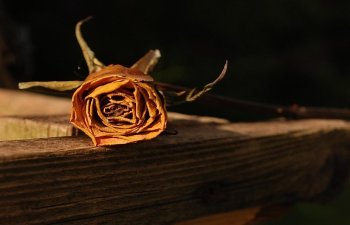 Poem By Elizabeth Barrett Browning |
| The House Of Clouds I would build a cloudy House For my thoughts to live in; When for earth too fancy-loose And too low for Heaven! Hush! I talk my dream aloud—- I build it bright to see,—- I build it on the moonlit cloud, To which I looked with thee. Cloud-walls of the morning's grey, Faced with amber column,—- Crowned with crimson cupola From a sunset solemn! May mists, for the casements, fetch, Pale and glimmering; With a sunbeam hid in each, And a smell of spring. Build the entrance high and proud, Darkening and then brightening,—- If a riven thunder-cloud, Veined by the lightning. Use one with an iris-stain, For the door within; Turning to a sound like rain, As I enter in. Build a spacious hall thereby: Boldly, never fearing. Use the blue place of the sky, Which the wind is clearing; Branched with corridors sublime, Flecked with winding stairs—- Such as children wish to climb, Following their own prayers. In the mutest of the house, I will have my chamber: Silence at the door shall use Evening's light of amber, Solemnising every mood, Softemng in degree,—- Turning sadness into good, As I turn the key. Be my chamber tapestried With the showers of summer, Close, but soundless,— glorified
When the sunbeams come here; Wandering harpers, harping on Waters stringed for such,—- Drawing colours, for a tune, With a vibrant touch. Bring a shadow green and still From the chestnut forest, Bring a purple from the hill, When the heat is sorest; Spread them out from wall to wall, Carpet-wove around,—- Whereupon the foot shall fall In light instead of sound. Bring the fantasque cloudlets home From the noontide zenith Ranged, for sculptures, round the room,—- Named as Fancy weeneth: Some be Junos, without eyes; Naiads, without sources Some be birds of paradise,—- Some, Olympian horses. Bring the dews the birds shake off, Waking in the hedges,—- Those too, perfumed for a proof, From the lilies' edges: From our England's field and moor, Bring them calm and white in; Whence to form a mirror pure, For Love's self-delighting. Bring a grey cloud from the east, Where the lark is singing; Something of the song at least, Unlost in the bringing: That shall be a morning chair, Poet-dream may sit in, When it leans out on the air, Unrhymed and unwritten. Bring the red cloud from the sun While he sinketh, catch it. That shall be a couch,—-with one Sidelong star to watch it,—- Fit for poet's finest Thought, At the curfew-sounding, Things unseen being nearer brought Than the seen, around him. Poet's thought,——not poet's sigh! 'Las, they come together! Cloudy walls divide and fly, As in April weather! Cupola and column proud, Structure bright to see—- Gone—-except that moonlit cloud, To which I looked with thee! Let them! Wipe such visionings From the Fancy's cartel—- Love secures some fairer things Dowered with his immortal. The sun may darken,—-heaven But still, unchanged shall be,—- Here in my soul,—-that moonlit cloud, To which I looked with THEE! 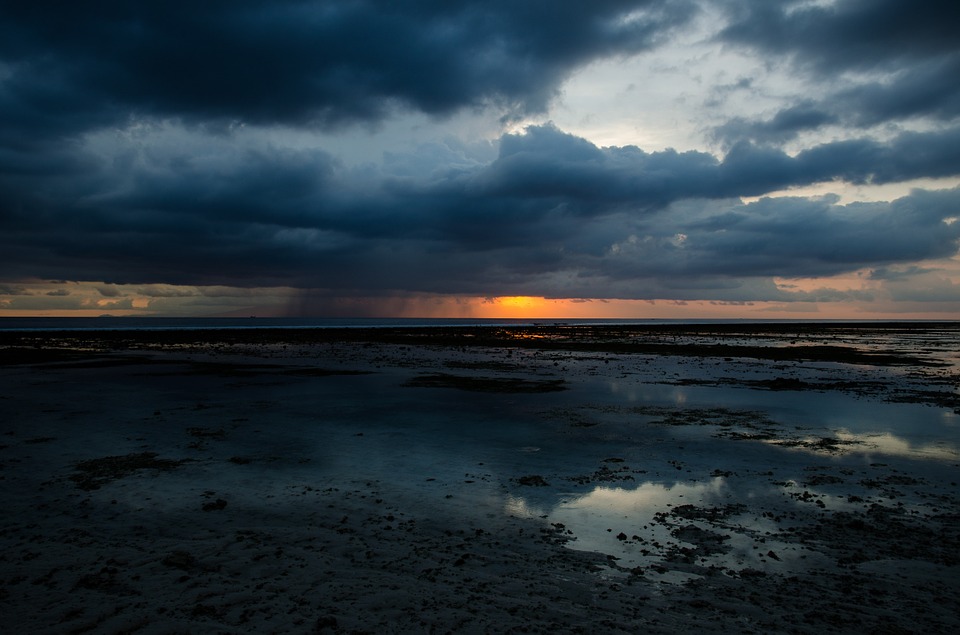 Poem By Elizabeth Barrett Browning |
If You Were Coming In The Fall
 Poem By Emily Dickinson |
| The Wind Begun To Rock The Grass The wind begun to rock the grass With threatening tunes and low,-- He flung a menace at the earth, A menace at the sky. The leaves unhooked themselves from trees And started all abroad; The dust did scoop itself like hands And throw away the road. The wagons quickened on the streets, The thunder hurried slow; The lightning showed a yellow beak, And then a livid claw. The birds put up the bars to nests, The cattle fled to barns; There came one drop of giant rain, And then, as if the hands That held the dams had parted hold, The waters wrecked the sky But overlooked my father's house, lust quartering a tree. 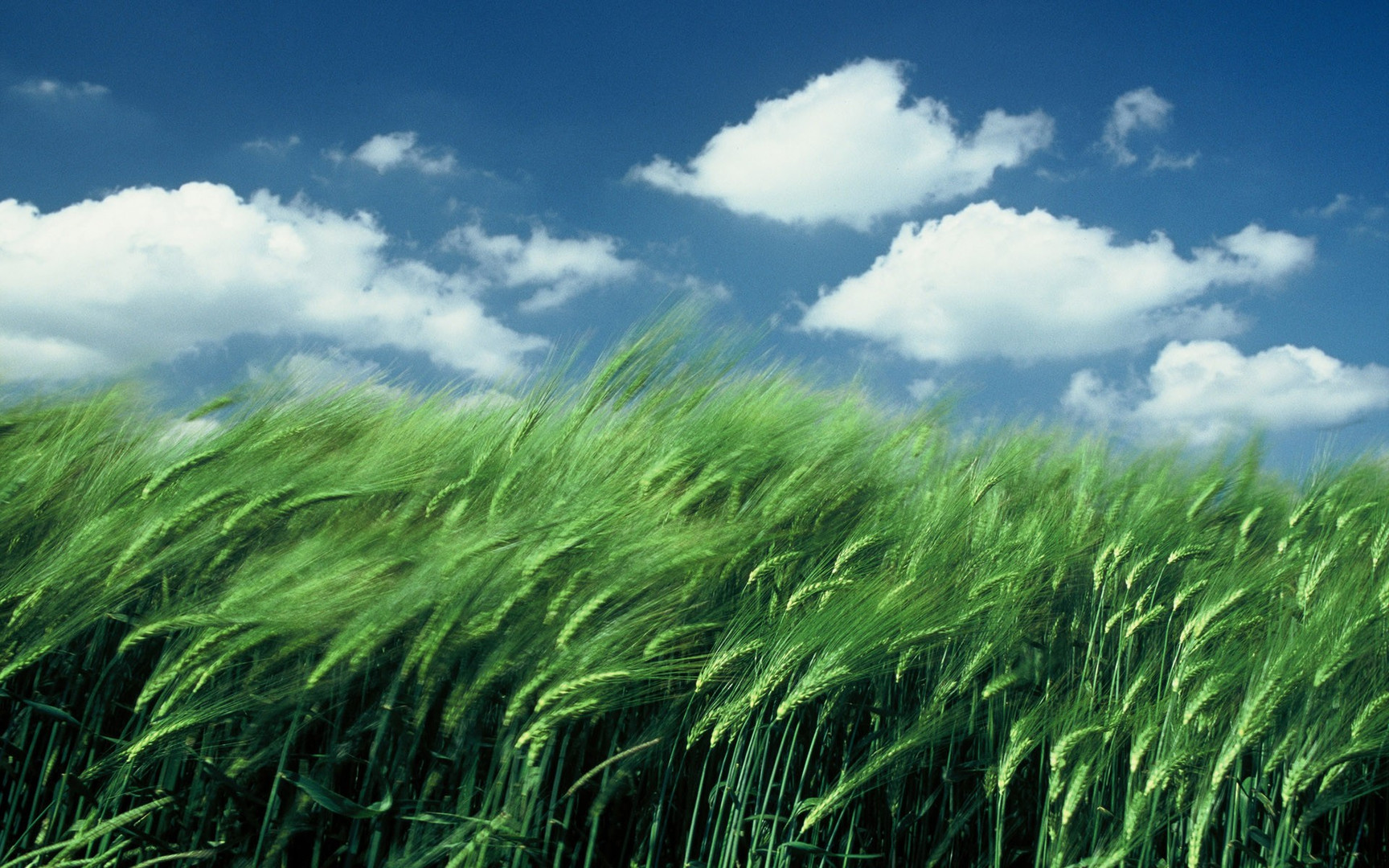 Poem By Emily Dickinson |
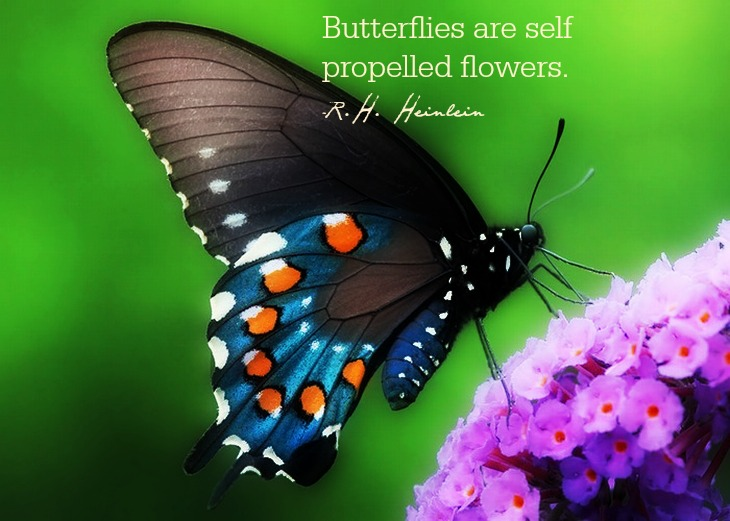
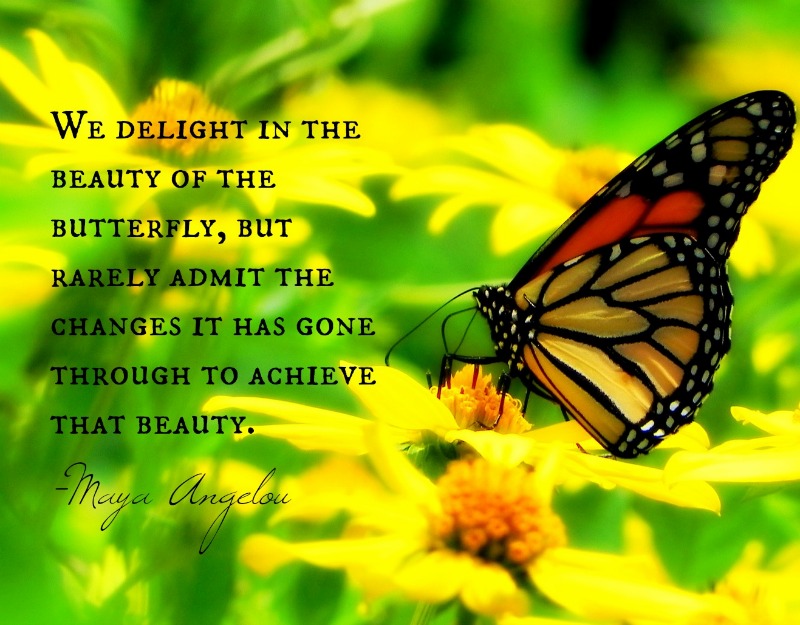
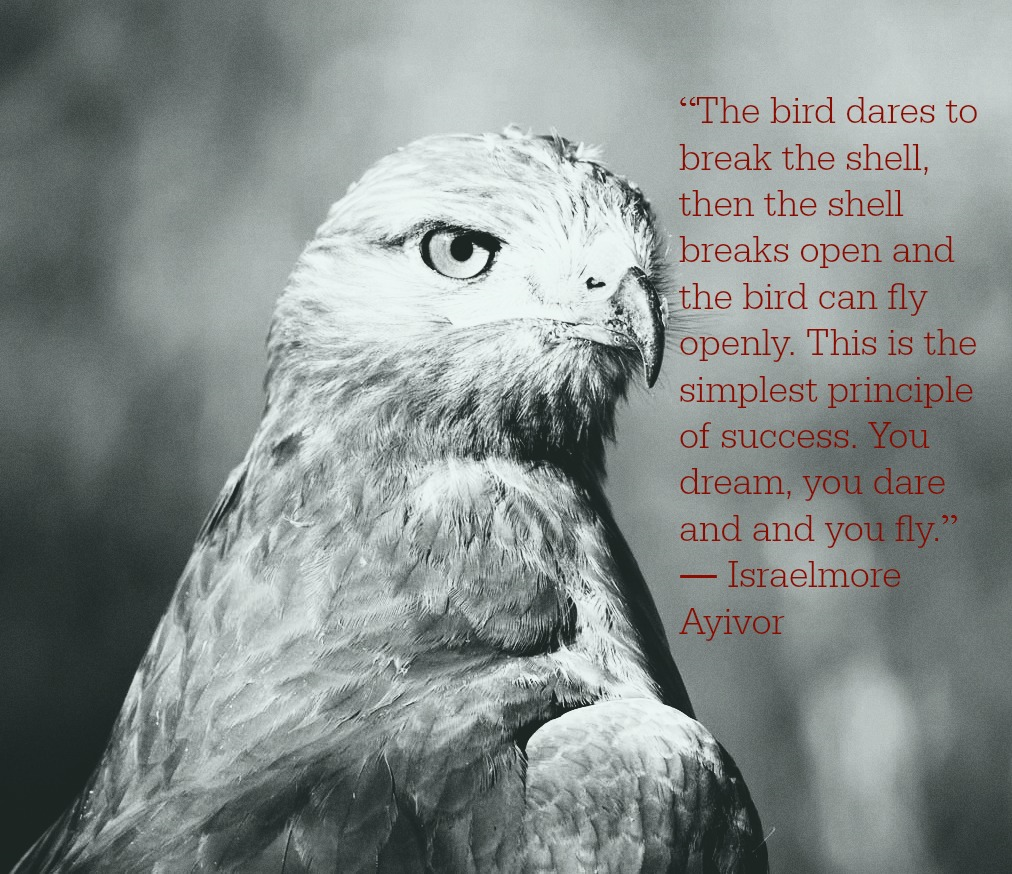
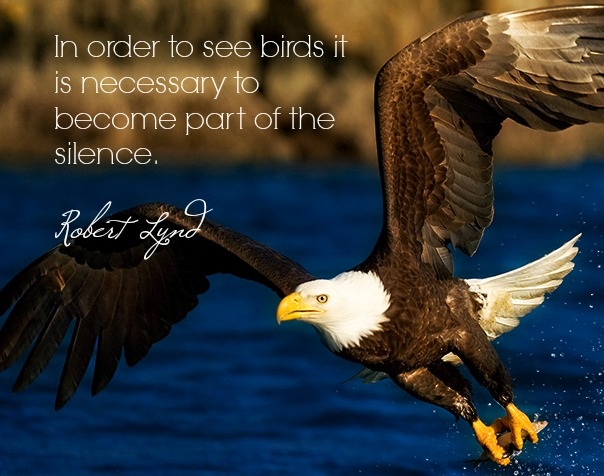
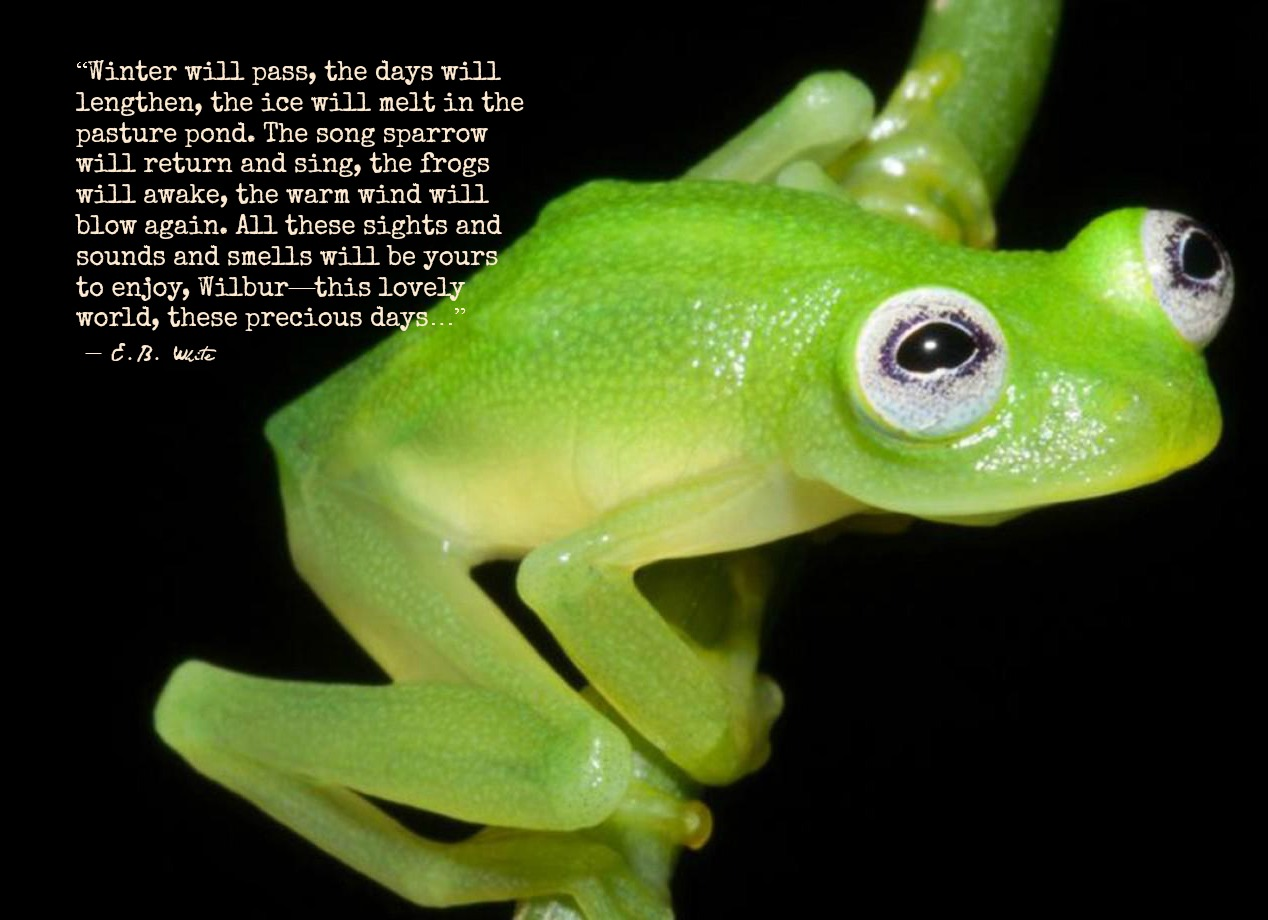
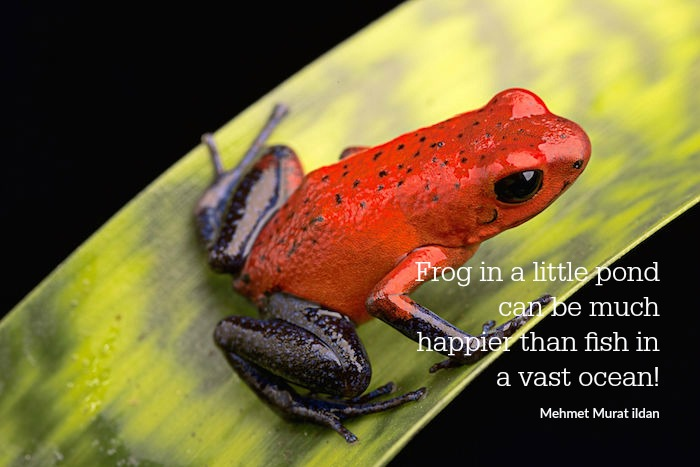
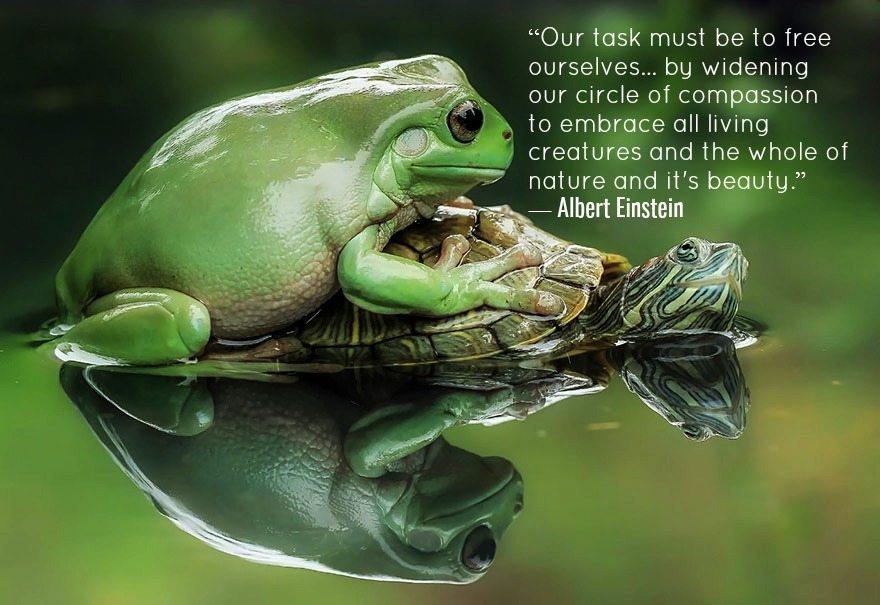
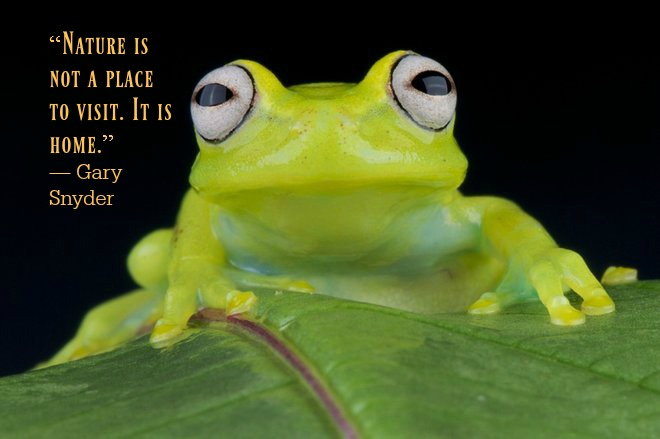
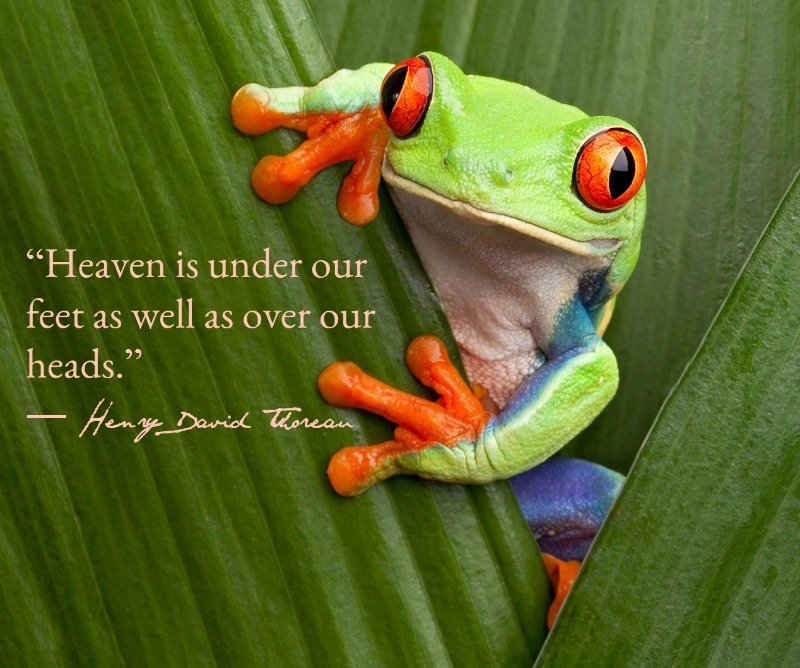
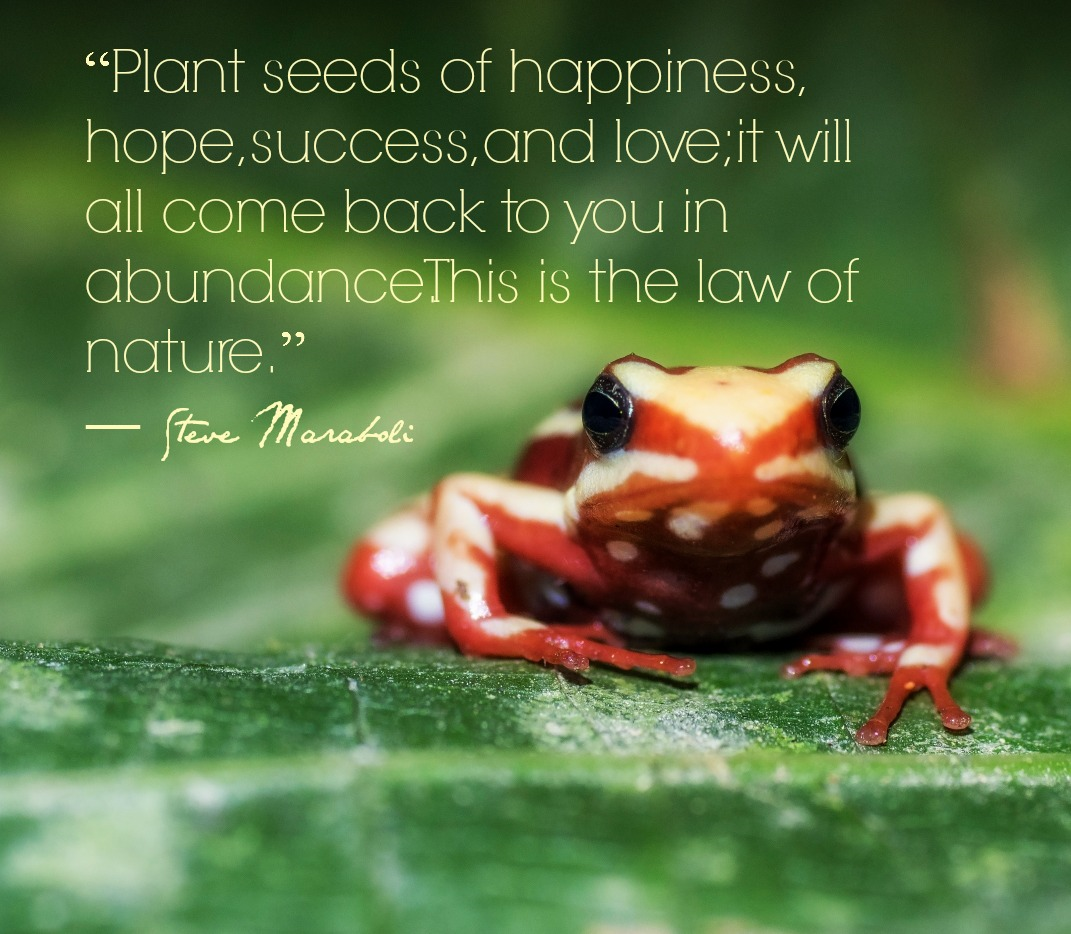
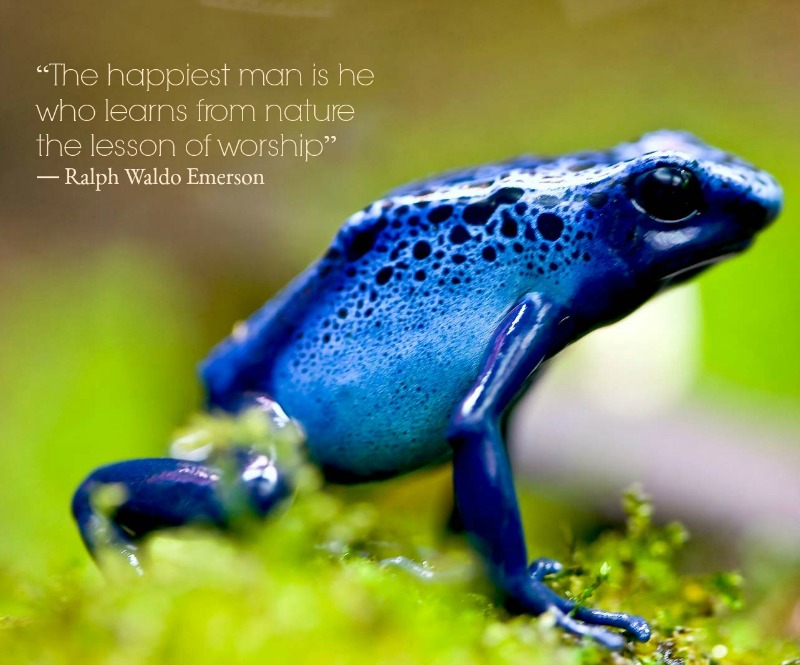
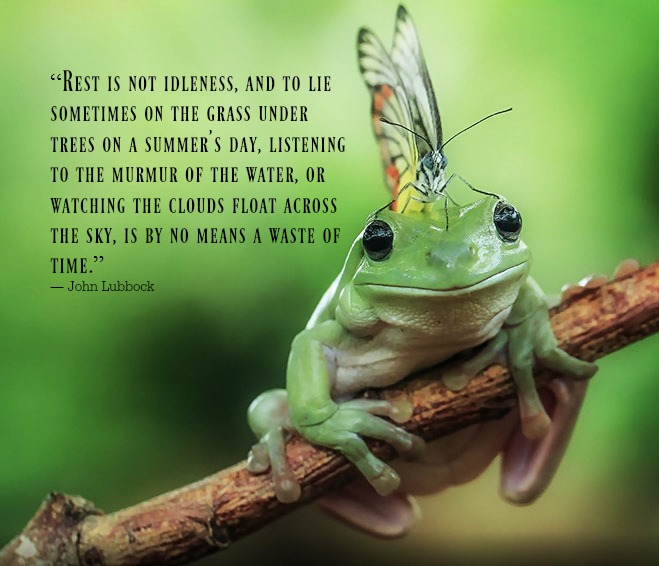
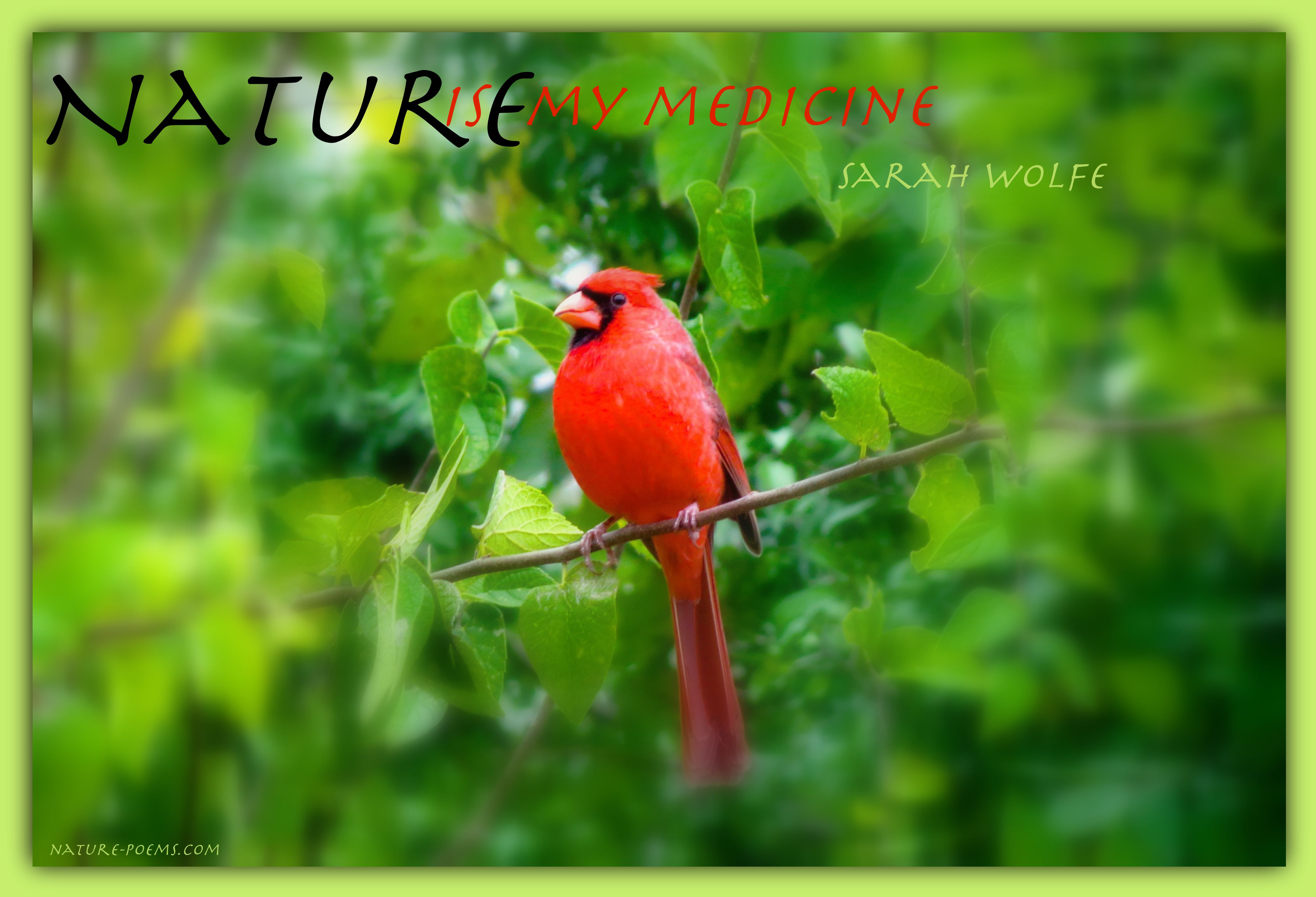
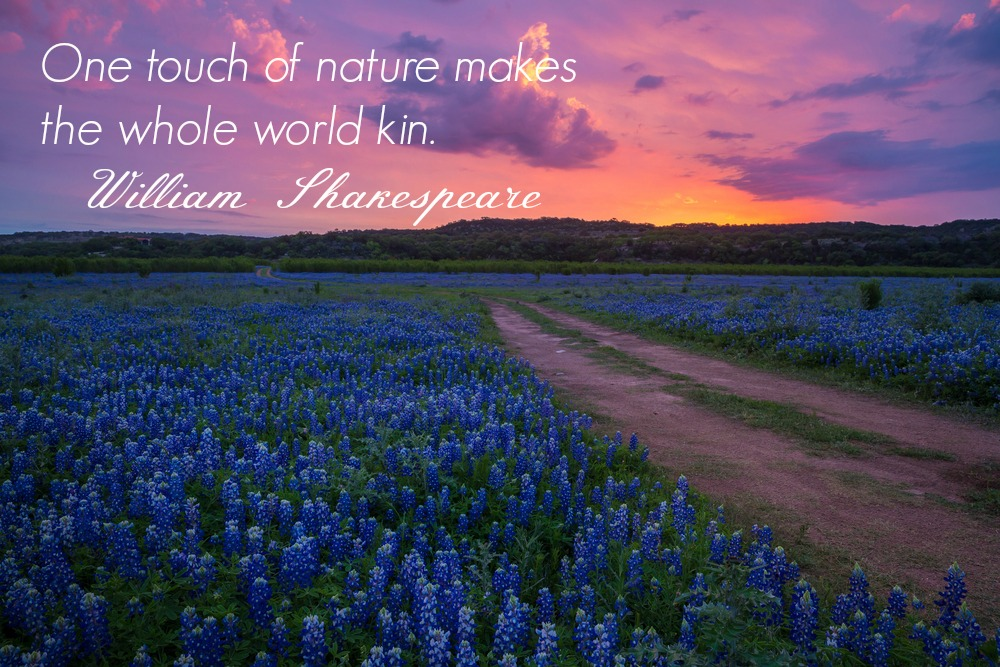
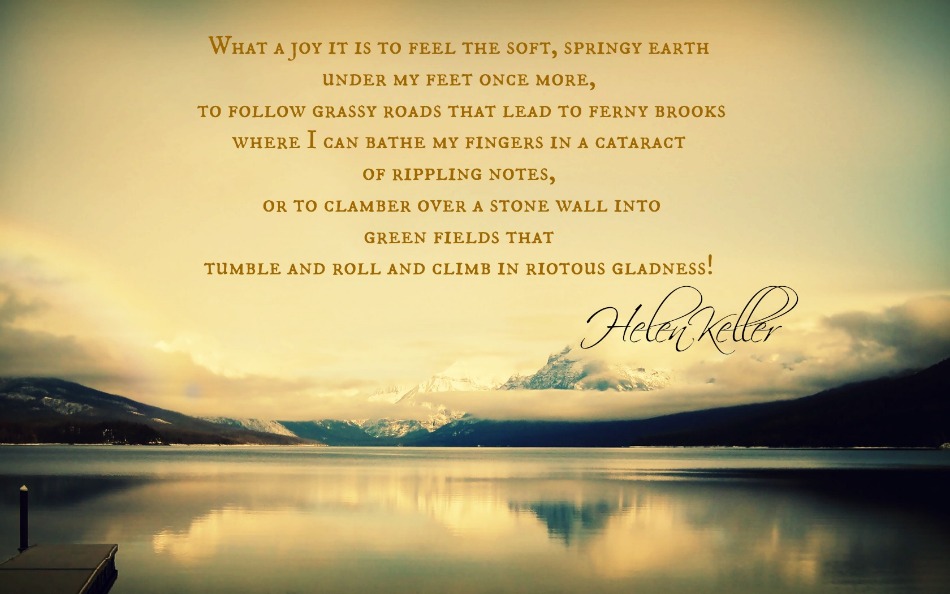
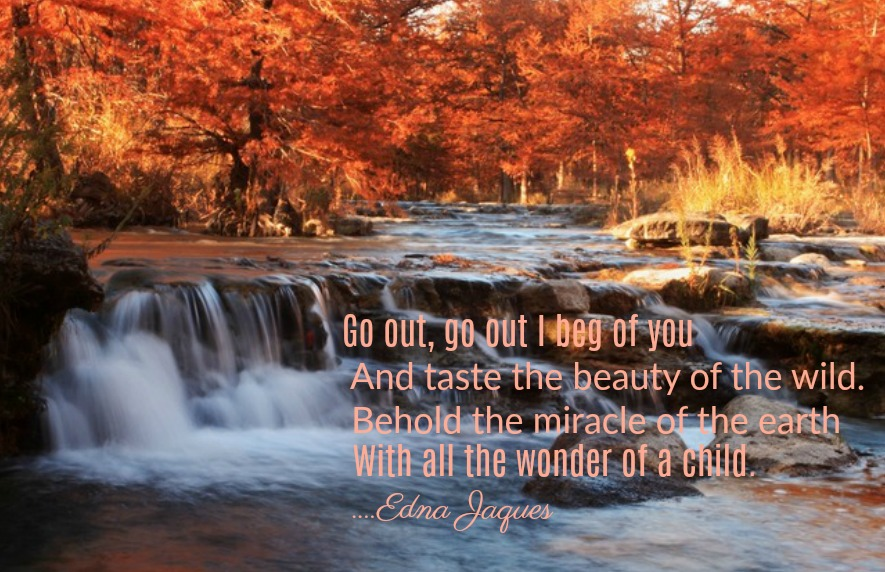
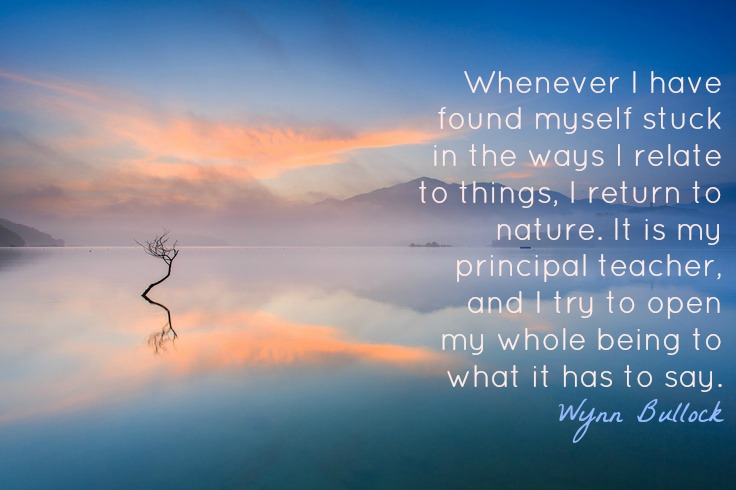
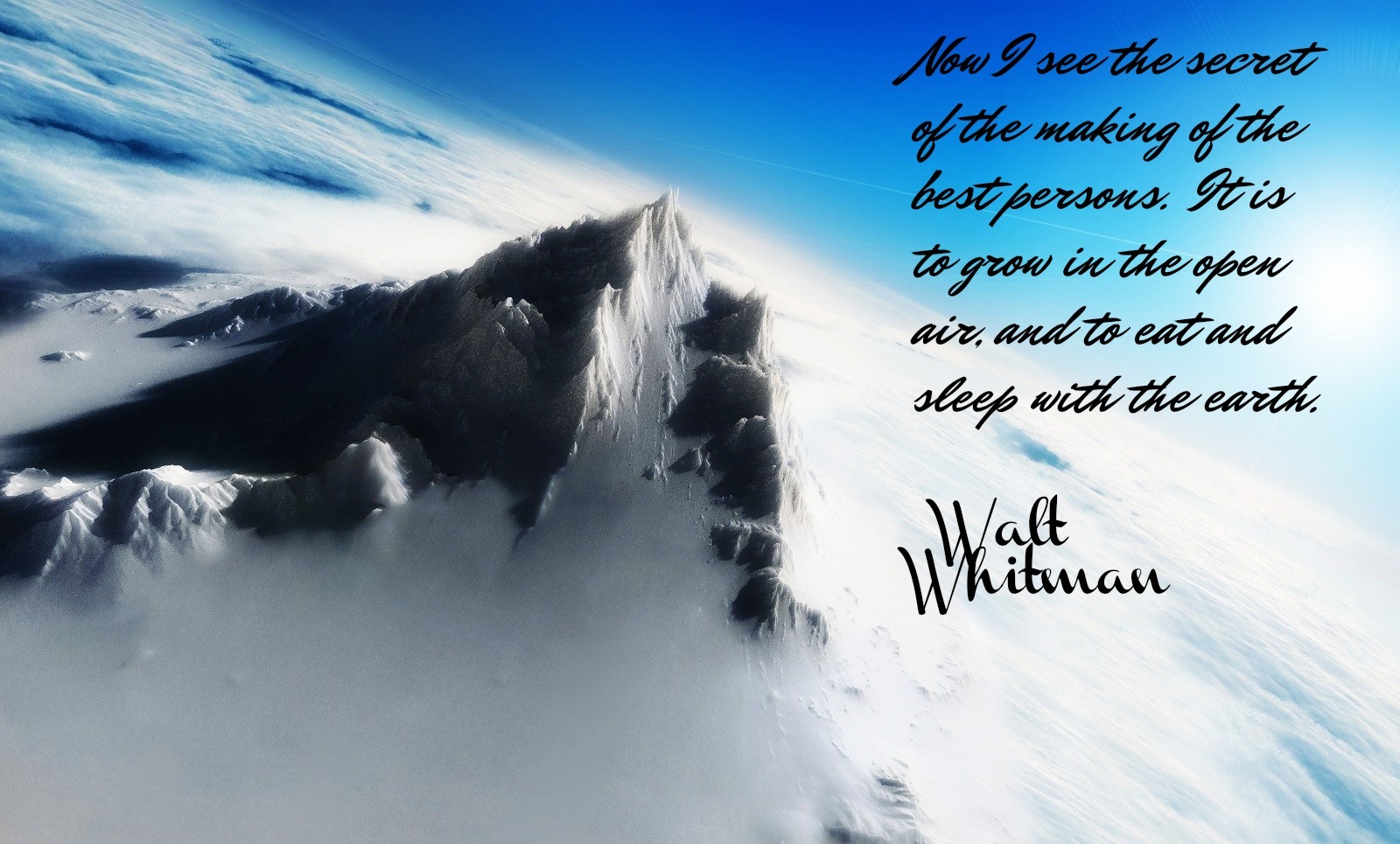
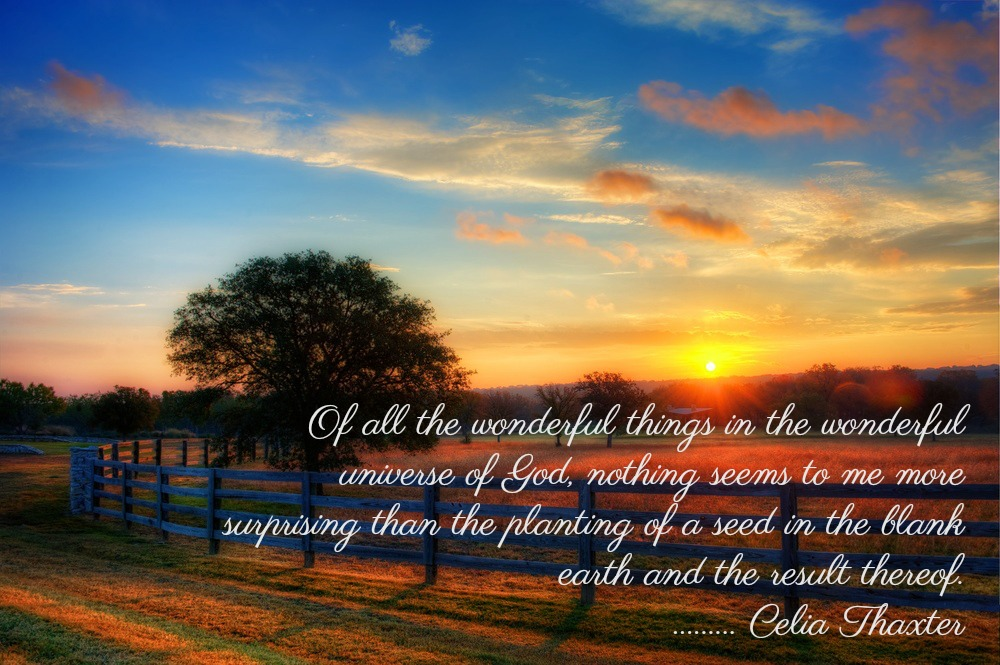
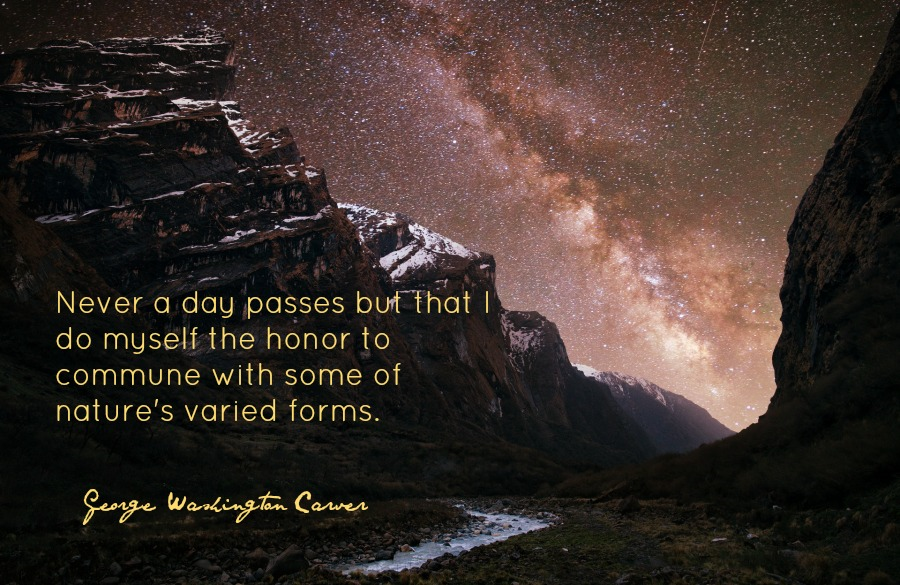
 Go There Now |
